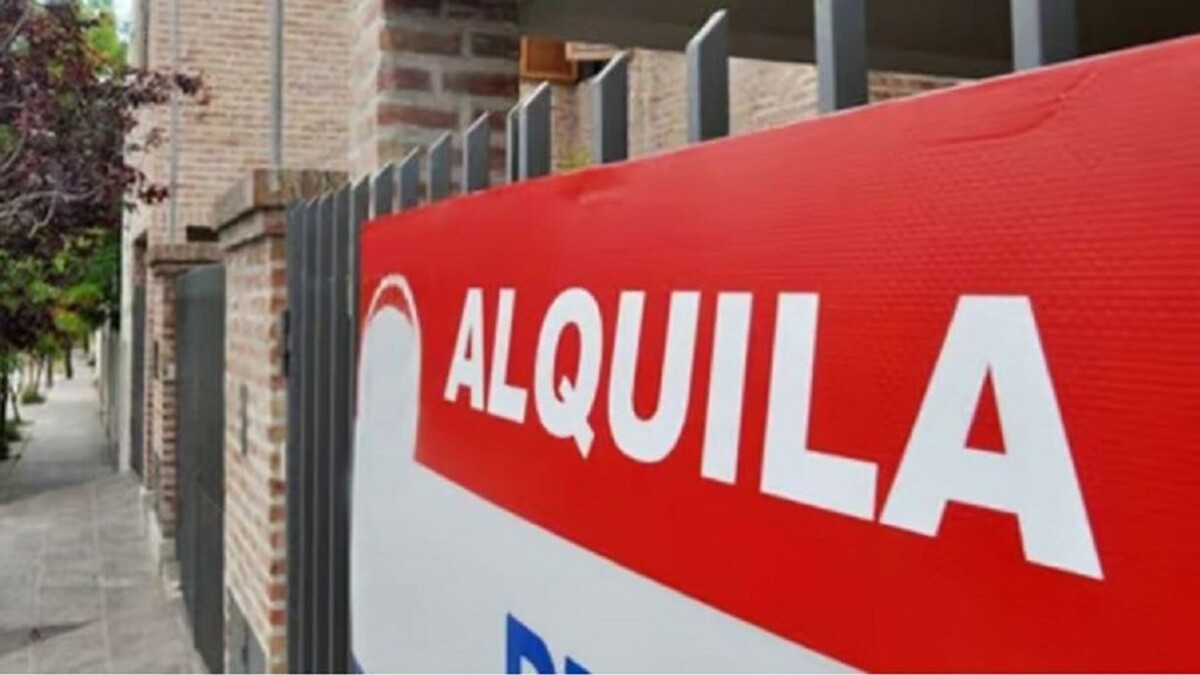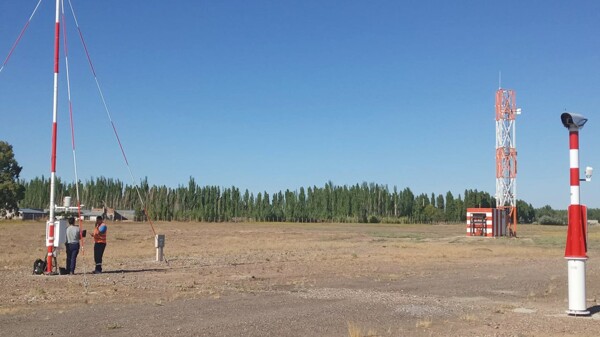
The growing demand for housing in the province of Neuquén, especially in its capital, has generated strong concern over rental prices. The Vaca Muerta phenomenon has attracted a large number of people, increasing pressure on the real estate market. The lack of housing not only affects citizens but also the economic development of the region, which depends on having a stable and available population to work in various sectors.
According to Adrián Giannetti, an energy specialist, real estate companies use various methods to increase prices arbitrarily, disregarding the deadlines set by contracts. One of the key factors exacerbating the situation is the lack of supply of new housing in the city. Despite inflation and the economic crisis, rental prices continue to rise alarmingly, affecting the city's residents.
In his column on Radio 7, Adrián Giannetti, a journalist specializing in Energy, explained that real estate companies are adjusting rental prices above inflation levels, creating uncertainty among tenants. This group of the population is being displaced by the rising rents, creating a significant social challenge. The government's promise of 10,000 homes, announced in the first administration, remains unfulfilled. The government must take urgent measures to prevent the housing crisis from becoming an even greater problem.
In a context of growing demand, the supply of properties has not increased at the same pace, which has driven up prices. The absence of the State in urban planning and promotion of new residential developments is also a central issue in the analysis. The rental situation in Neuquén is one of the clear examples of the challenges faced by Argentina, which must find a balance between opening up to foreign capital and preserving its economic and technological sovereignty.
Cooperatives, which in the past helped relieve pressure on the market, have failed to provide effective solutions due to a lack of resources and management. Rental prices in some areas of Neuquén already exceed one million pesos, even in peripheral areas of the city. This increase is not only due to inflation but also to the high demand driven by the influx of new workers in the energy sector.
Giannetti warns that this situation particularly affects salaried workers who are not part of the energy sector, as they do not have access to the high salaries offered by the oil and gas industries. The management of housing cooperatives and the lack of a strategic urbanization plan contribute to the scarcity of housing solutions in the region. Giannetti points out that the construction of new buildings is practically nonexistent, leaving many people searching for housing solutions without success.














